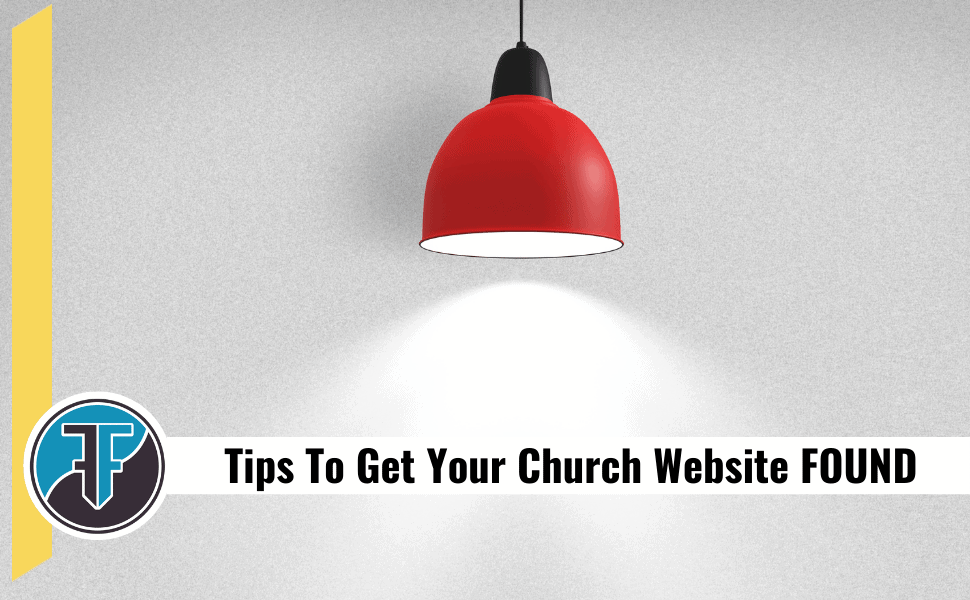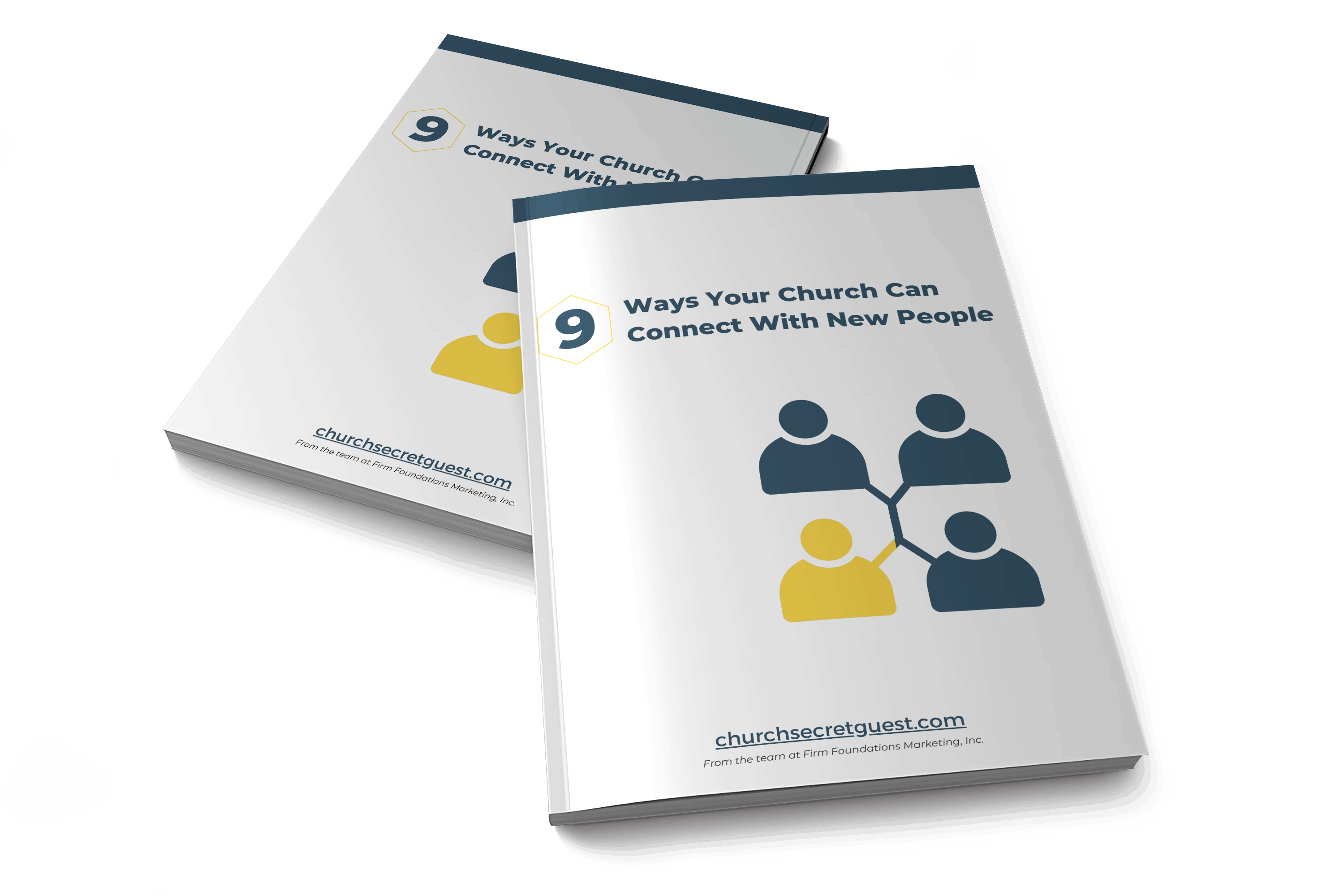
Why isn’t my church ranking on Google? [Search Visibility + What Guests Want]
Your church has a website – but does it rank anywhere on Google when potential guests are looking for your church (or the answers and help you can provide)?
If you, or others, aren’t convinced this matters, consider this: search engines start a whopping 93% of online experiences.
Search visibility matters! If you want your church to be found, how high it shows up on Google and other search engines matters.
Several factors (and a whole bunch of jargon) help people find a website. Below, you’ll get a high-level overview of how it all works, what guests are looking for, and what your church can do THIS WEEK to start seeing improvements to your search visibility.
“My church isn’t ranking!”
When it comes to someone discovering your church, most do so through one of three ways:
- Personal invitation;
- Search engine results;
- Social media.
Depending on your area and who you tend to attract, the order may vary for your church. Regardless, search is HUGE, and if you’re already asking, “why isn’t my church ranking on Google?!” you intuitively know its importance.
First, let’s back up a bit to the search engines themselves and what they want. Sites like Google, Bing, Yahoo, Duck-Duck-Go, etc., want to provide helpful information to their users. The more useful and accurate the information, the more likely the search engines are to list particular websites. Why? Because they want to be the user’s top choice for search (and anything else they have to provide).
Now, what does this mean for your church and getting ranked?
I hate to say it, but: “that depends.”
The key? Help Google help the one doing the search.
For most churches in rural and suburban America, that means showing up on the first page when you type in something like “churches near me” or “churches in [your town]”.
Too often, churches we’ve talked to don’t rank high, let alone on page one, with these common search phrases. Why? Because their sites have:
- Incorrect information;
- Inconsistent naming;
- Wrong addresses.
When this information is outdated and confusing, that doesn’t help the person using the search engine.
What do search engines like Google want to do? Help the person.
What does outdated or confusing information not do? Help the person.
Why do people not find a church website in most cases? Because the information on the website isn’t helpful.
When you help Google help the one doing the searching on the other side of the screen, you will, over time, see improvements in your ranking. Search engines will start to pick up on your changes. People will click on the result with your site more. And thus, Google and other providers will know your site is helpful, perpetuating the cycle.
Ready to start making the changes that help people? Here are three ways to do that.
How to help people find what they want + improve your church’s ranking.
To recap, search engines want to help the person find great websites. What should you do to improve your website’s helpfulness?
First, go through and correct any of the errors outlined above.
It’s crucial that you have correct, consistent information on ALL of your digital channels, including:
- Name of the church: Be consistent in the URL, home page title, at the top of the home page, and yes, what people call the church. These should all be the same. No abbreviations. Stay away from how you refer to your church internally.
- Town/City: Depending on how far your church pulls from, you may be dealing with options that can be confusing. Choose the geographic name that most closely reflects the area you serve. Your congregation may be different, but remember – this is about helping new people find your website. Those who already know the URL and use it for various reasons will easily find it again.
- Phone number: Make sure it’s current, correct, and frequently checked, as it will funnel any general questions and calls.
- Website URL: Sometimes, churches overhaul websites and don’t take the old URL with them. Having multiple URLs floating around can create a host of problems. In general, you should try to take the old URL with you or have it redirect to the new one. You’ll want to enlist the help of someone experienced in making this happen correctly.
Second, set up a Google My Business Profile with all of that same correct information.
With Google receiving 88% of all search queries in the United States for January 2021, that’s a great place to start! Here you can:
- Provide address, hours, phone number.
- Social media links.
- Receive (and respond to) reviews
- Post short-term links about upcoming events, recent messages, and more.
Third, you don’t have to figure out all of the answers on your own.
Search visibility is at the start of someone’s digital journey to getting to know your church. It’s one part of your overall digital presence. And looking at your overall digital presence can be like going down a rabbit hole.
If you’d prefer to spend your time doing ministry than digital work, we get that!
But wait. What about social media? Doesn’t that attract people to churches? Sure can!
Next week, you’ll learn about how your social media plays into reaching and engaging people for your church.
Unlock Your Potential.
Impact Your Community!
9 Ways
Your Church
Can Connect
With New People

We will not share your email with anyone else! You can opt-out of our emails at anytime (but we think it will be so good you won’t want to!) Read our Privacy Policy.
